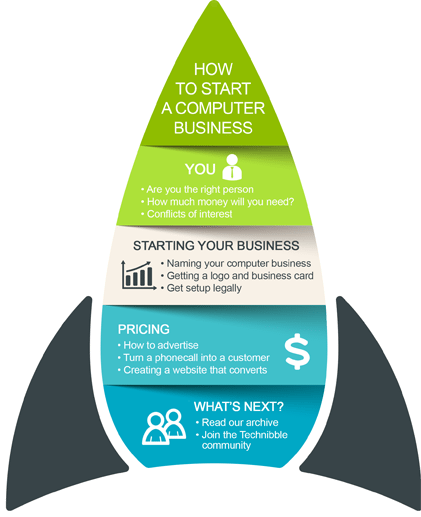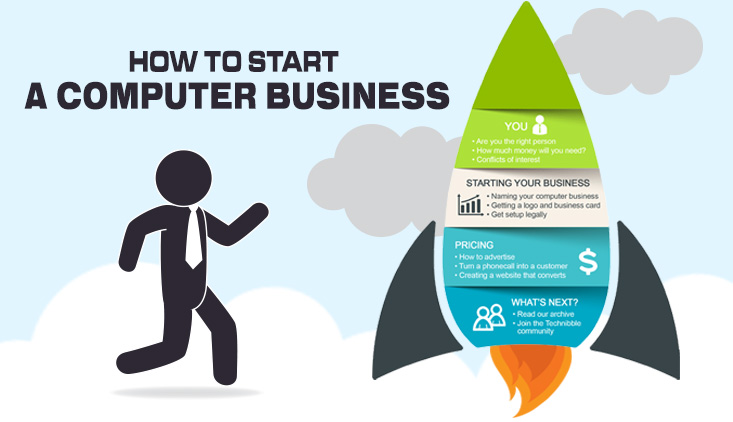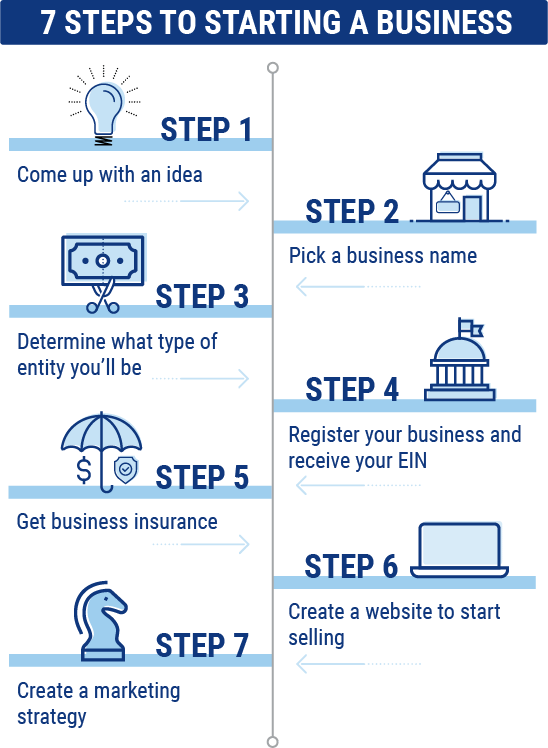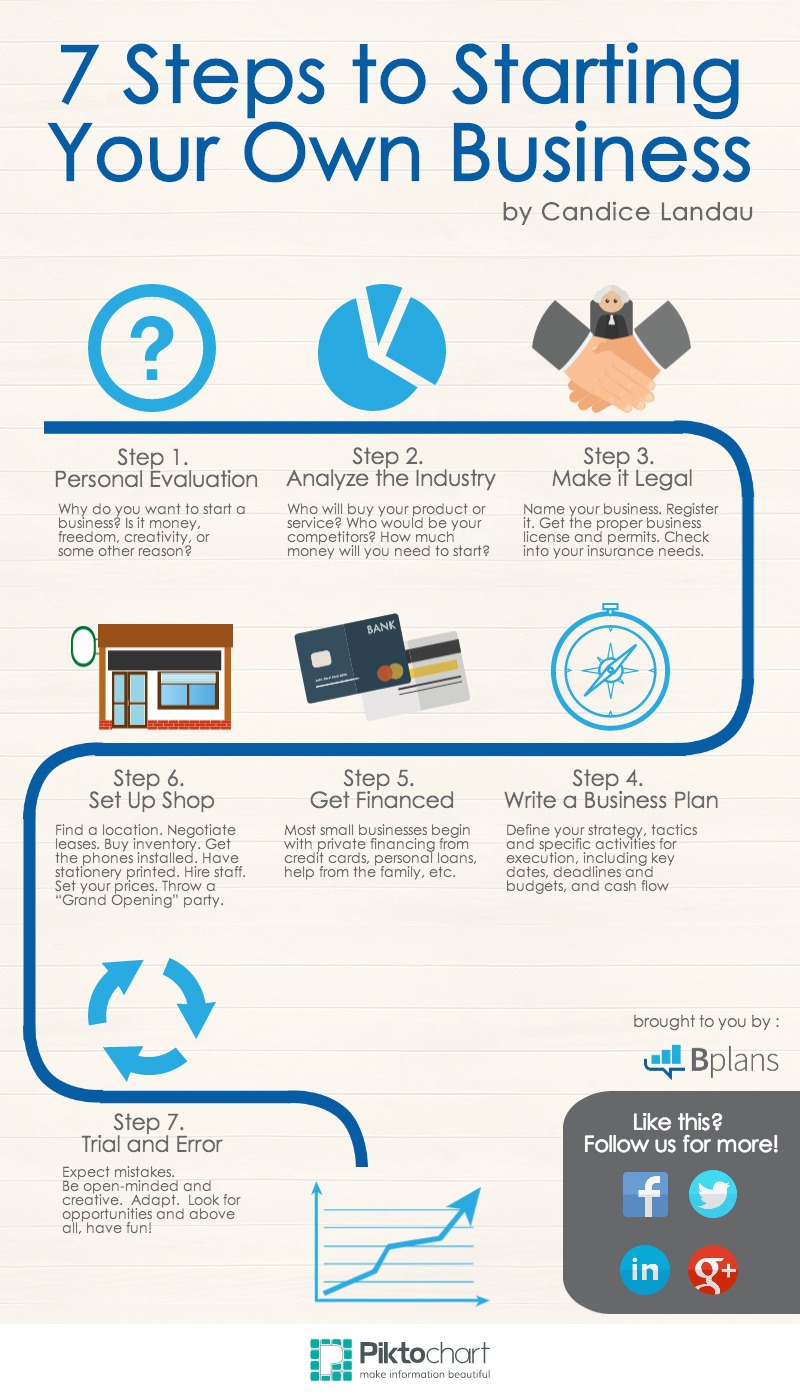How To Start Up A Computer Business

The digital age has spawned countless opportunities, and starting a computer business remains a viable and potentially lucrative option. But navigating the competitive landscape requires careful planning and execution. From identifying a niche to securing funding, aspiring entrepreneurs need a solid roadmap to success.
This article explores the essential steps involved in launching a thriving computer business. Whether you're a tech-savvy individual with a passion for problem-solving or an experienced IT professional seeking independence, this guide provides a framework for turning your ambition into reality.
Identifying Your Niche and Business Model
The first step is to pinpoint a specific need in the market. General computer repair shops face stiff competition. Consider specializing in areas like data recovery, network security for small businesses, or custom-built gaming PCs.
Researching the market demand for your chosen niche is crucial. Conduct online surveys, analyze competitor offerings, and talk to potential customers. Understand their pain points and how your business can address them better than existing solutions.
Next, define your business model. Will you operate a brick-and-mortar store, offer mobile repair services, or focus on online sales and support? Each option has different startup costs and operational requirements.
Developing a Business Plan
A comprehensive business plan is essential for securing funding and guiding your business decisions. It should include a detailed market analysis, a description of your products or services, a marketing strategy, and financial projections.
Your financial projections should cover startup costs, operating expenses, and revenue forecasts. Be realistic and conservative in your estimates. Potential investors will scrutinize these numbers closely.
According to the Small Business Administration (SBA), a well-written business plan can increase your chances of securing a loan or attracting investors. It also serves as a roadmap for managing your business effectively.
Securing Funding
Starting a computer business requires capital. Common funding sources include personal savings, loans from banks or credit unions, and investments from angel investors or venture capitalists.
Consider exploring SBA loans, which often offer favorable terms for small businesses. You can also look into crowdfunding platforms, which allow you to raise money from a large number of individuals.
Crafting a compelling pitch is vital when seeking funding. Highlight your expertise, the market opportunity, and the potential for growth. Be prepared to answer tough questions about your business plan.
Building Your Infrastructure and Team
Establish a physical or virtual office space equipped with the necessary tools and equipment. This might include diagnostic software, repair tools, networking equipment, and a reliable computer system.
If you plan to hire employees, carefully consider their skills and experience. Look for individuals with strong technical abilities, excellent customer service skills, and a passion for technology.
Investing in training for yourself and your employees is crucial for staying up-to-date with the latest technologies. Consider certifications in areas like network security or cloud computing.
Marketing and Customer Acquisition
Develop a marketing strategy to reach your target audience. This might include online advertising, social media marketing, search engine optimization (SEO), and traditional advertising methods like flyers or local newspaper ads.
Building a strong online presence is essential. Create a professional website with clear information about your services, pricing, and contact information. Consider using social media platforms to engage with potential customers and build brand awareness.
Word-of-mouth marketing is powerful. Encourage satisfied customers to leave reviews and refer your business to others. Offer incentives for referrals to further encourage this organic growth.
Legal and Regulatory Compliance
Ensure your business is legally compliant with all applicable laws and regulations. This includes obtaining the necessary licenses and permits, complying with data privacy laws, and adhering to consumer protection regulations.
Consult with an attorney or business advisor to ensure you are meeting all legal requirements. Failure to comply with these regulations can result in fines or other penalties.
Data security is paramount, especially if you handle sensitive customer information. Implement robust security measures to protect against data breaches and comply with privacy regulations like GDPR (General Data Protection Regulation).
Conclusion
Starting a computer business requires dedication, planning, and a commitment to customer service. By identifying a niche, developing a solid business plan, securing funding, and building a strong team, you can increase your chances of success in this competitive market.
Staying adaptable and embracing new technologies are key to long-term sustainability. The computer industry is constantly evolving, so continuous learning and innovation are essential for staying ahead of the curve.










![How To Start Up A Computer Business How to Start a Business: A Startup Guide for Entrepreneurs [Template]](https://blog.hubspot.com/hs-fs/hubfs/tips-for-starting-a-business.png?width=1125&name=tips-for-starting-a-business.png)







